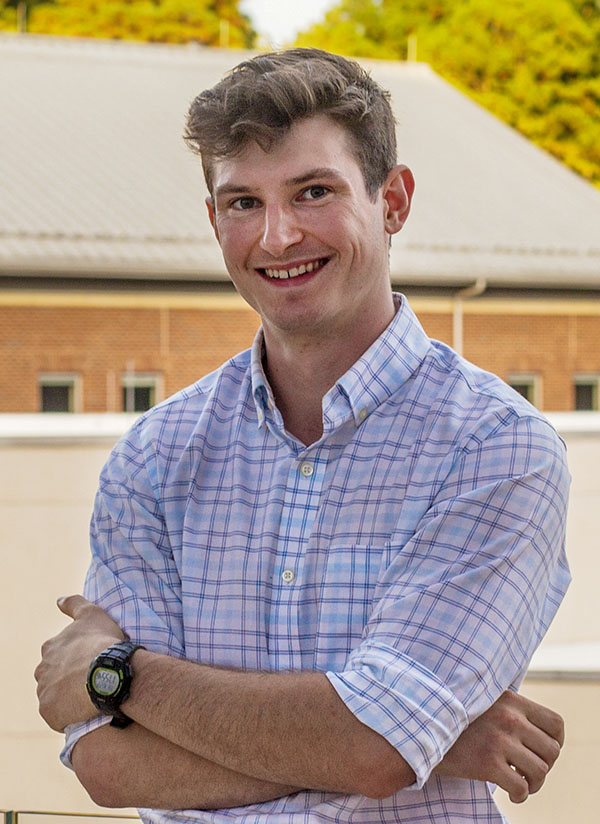
Appalachian State University alumnus Harrison Esterly ’19, a research technician in the lab of Dr. Gary Pielak at the University of North Carolina at Chapel Hill. Esterly, of Belews Creek, graduated from App State in 2019 with a B.S. in chemistry — an American Chemical Society-certified degree — and minors in biology and mathematics. Photo submitted
BOONE, N.C. — When reflecting on his experience at Appalachian State University, alumnus Harrison Esterly ’19 said he harbors a fondness for the “times when I didn’t think I would make it through.” His appreciation for a challenge has led to what may be a breakthrough in speeding the delivery a future COVID-19 vaccine.
Recently published research co-authored by Esterly could yield a more cost-effective storage and delivery method for drugs and vaccines — one that eliminates the need for refrigeration, allowing life-saving medications to reach those in need sooner.
Originally from Belews Creek, Esterly credits both his App State studies and faculty in the university’s A.R. Smith Department of Chemistry and Fermentation Sciences (CFS) with preparing him to excel in the field of chemistry.
He is continuing his research at the University of North Carolina at Chapel Hill, where he serves as a research technician — a job he loves, he said — in the lab of Dr. Gary Pielak, the university’s Kenan Distinguished Professor of Chemistry, Biochemistry and Biophysics. Esterly joined Pielak’s lab in August 2019, after graduating from App State with a Bachelor of Science in chemistry — a degree certified by the American Chemical Society.
In this role, Esterly is responsible for general laboratory management, ordering lab supplies and several research projects, including a collaboration between UNC-Chapel Hill and Germany-based Baden Aniline and Soda Factory (BASF) — the largest chemical company in the world. He also assists Pielak with sample analyses by developing enzyme-linked immunosorbent assays (ELISA) — techniques used to detect and quantify substances such as peptides, proteins, antibodies and hormones.
Esterly is currently applying to Ph.D. programs in chemistry and biochemistry, with the long-term career goal of working in higher education or in a biotechnology start-up company.

Appalachian State University alumnus Harrison Esterly ’19, a research technician in the lab of Dr. Gary Pielak at the University of North Carolina at Chapel Hill. Esterly, of Belews Creek, graduated from App State in 2019 with a B.S. in chemistry — an American Chemical Society-certified degree — and minors in biology and mathematics. Photo submitted
Research, ice hockey and ‘a lot of hiking’
Esterly said three activities consumed his time at App State: ice hockey, research and hiking — “a lot of hiking.”
Before attending App State, Esterly earned an Associate of Art from Forsyth Early College in 2015. As a prospective student, he was attracted to App State’s setting — the Blue Ridge Mountains — but he said the primary reason he choose to attend the university was because of its affordability.
The financial support he received through the A.R. Smith Chemistry Scholarship and the two undergraduate research assistantships he was awarded allowed him to focus on his research, he said, rather than seek employment outside the university. He also received funding through the CFS department to present his research at two conferences and was honored with the department’s 2020 Excellence in Research Award.
Esterly cited several CFS faculty — Drs. Michael Hambourger, Jennifer Cecile and B.J. Yoblinski, to name a few — who provided him with direct guidance during his time at App State. “Every member of the department was approachable and willing to help. They were invaluable resources in and out of the classroom,” he said.
He described Christian as “the most valuable resource in my undergraduate career,” stating, “her training gave me a wide range of skills, but most importantly she taught me how to implement the scientific method to answer research questions, how to learn new techniques quickly and how to troubleshoot experimental methods.”
Outside the lab, Esterly was a four-year member of App State’s Club Ice Hockey team — “a necessary physical outlet,” he said. “Once winter came, I always looked forward to our outdoor practices at the Sugar Mountain ice rink on windy and snowy nights.”
Esterly encourages App State students to become heavily involved in research during their undergraduate career — an activity that gives students an opportunity to “break the student-to-teacher barrier,” he said.
“Research brings you closer to the subject of study, reenforces your coursework and provides mentorships,” Esterly shared. “There is a lot to be said about finding a good mentor who has already been through all the obstacles you will face. Life is already hard, but a good mentor will help guide you to success.”
What do you think?
Share your feedback on this story.
About the A.R. Smith Department of Chemistry and Fermentation Sciences
The A.R. Smith Department of Chemistry and Fermentation Sciences offers a Bachelor of Arts in chemistry, a Bachelor of Science in chemistry with eight different concentrations and an interdisciplinary Bachelor of Science degree in fermentation sciences. The department’s programs prepare students to attend graduate and professional schools, as well as for employment in the pharmaceutical and fermentation industries and other business sectors. Learn more at https://dcfs.appstate.edu.
About the College of Arts and Sciences
The College of Arts and Sciences (CAS) at Appalachian State University is home to 17 academic departments, two centers and one residential college. These units span the humanities and the social, mathematical and natural sciences. CAS aims to develop a distinctive identity built upon our university's strengths, traditions and locations. The college’s values lie not only in service to the university and local community, but through inspiring, training, educating and sustaining the development of its students as global citizens. More than 6,800 student majors are enrolled in the college. As the college is also largely responsible for implementing App State’s general education curriculum, it is heavily involved in the education of all students at the university, including those pursuing majors in other colleges. Learn more at https://cas.appstate.edu.
About Appalachian State University
As a premier public institution, Appalachian State University prepares students to lead purposeful lives. App State is one of 17 campuses in the University of North Carolina System, with a national reputation for innovative teaching and opening access to a high-quality, cost-effective education. The university enrolls more than 21,000 students, has a low student-to-faculty ratio and offers more than 150 undergraduate and 80 graduate majors at its Boone and Hickory campuses and through App State Online. Learn more at https://www.appstate.edu.
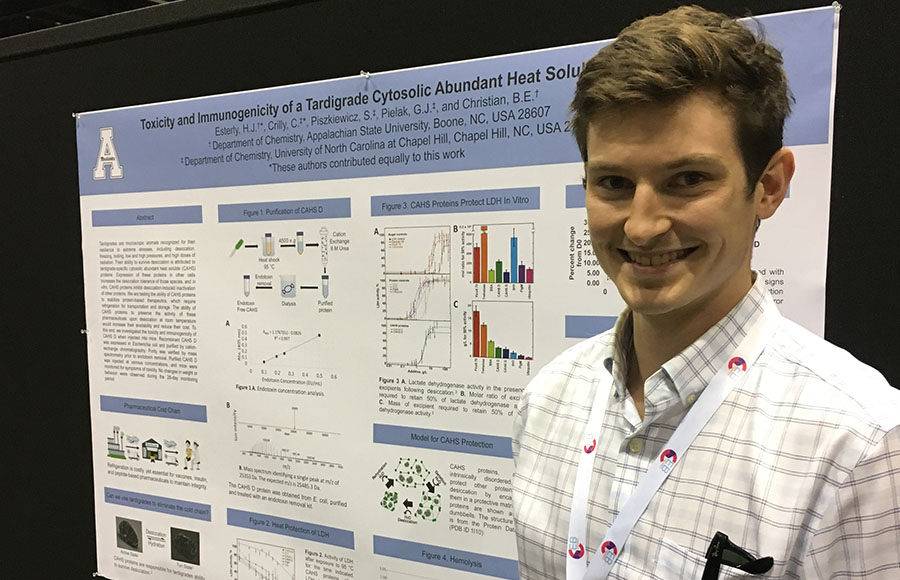
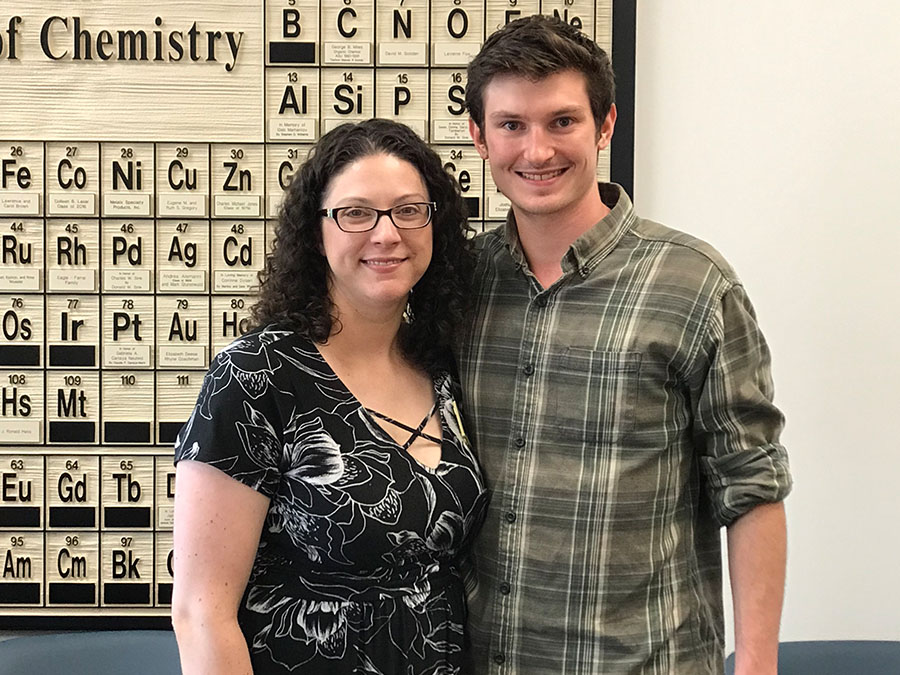
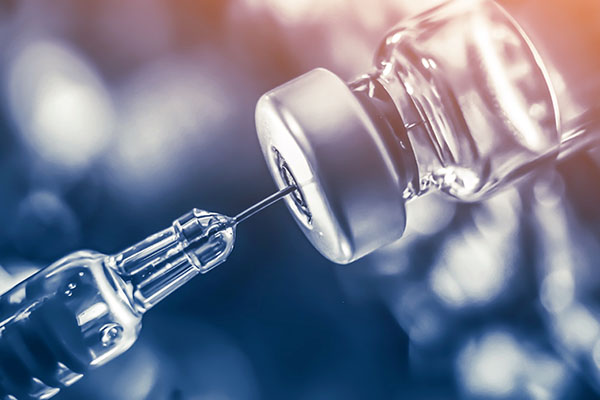
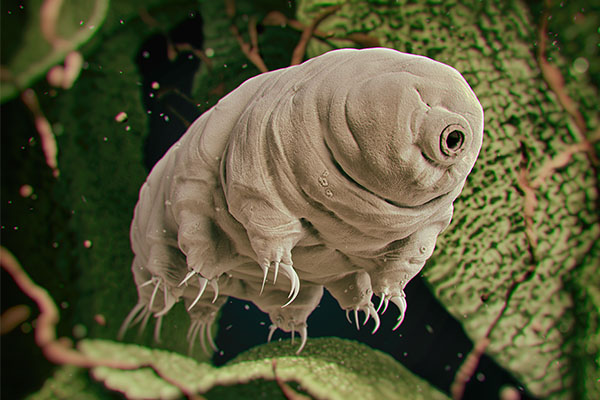
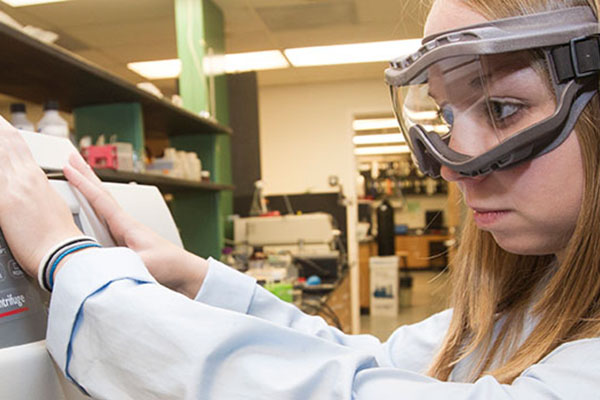



![How NCInnovation Is Rethinking Economic Development in North Carolina [faculty featured]](/_images/_posts/2026/02/rethinking-economic-development-600x400.jpg)







